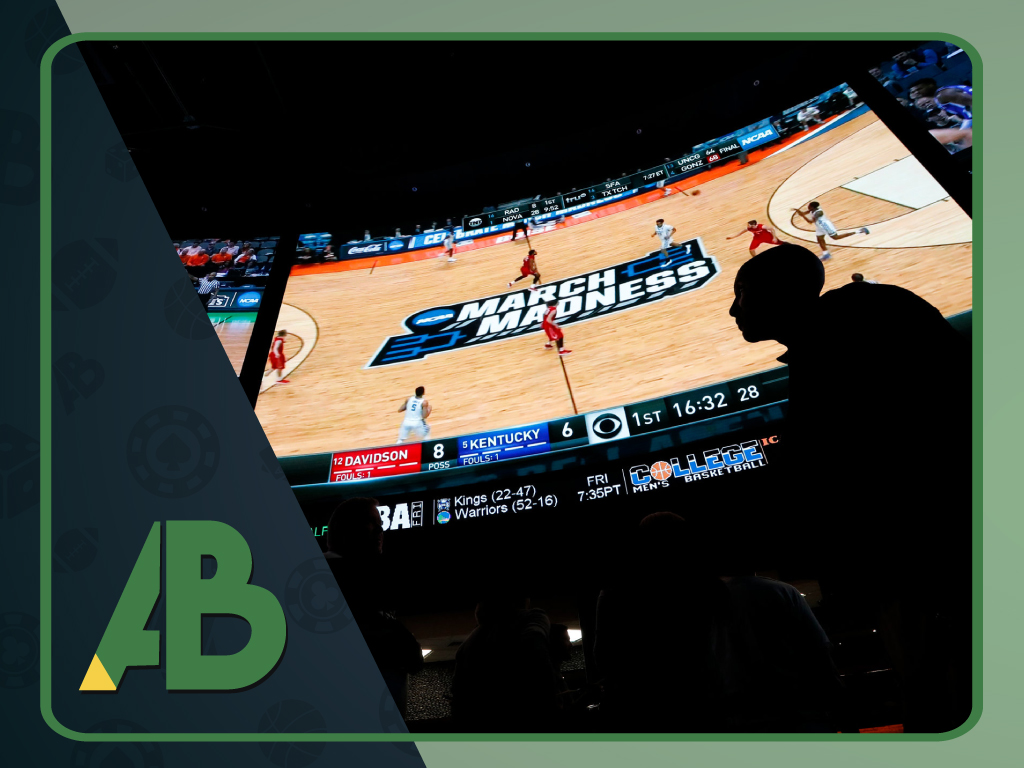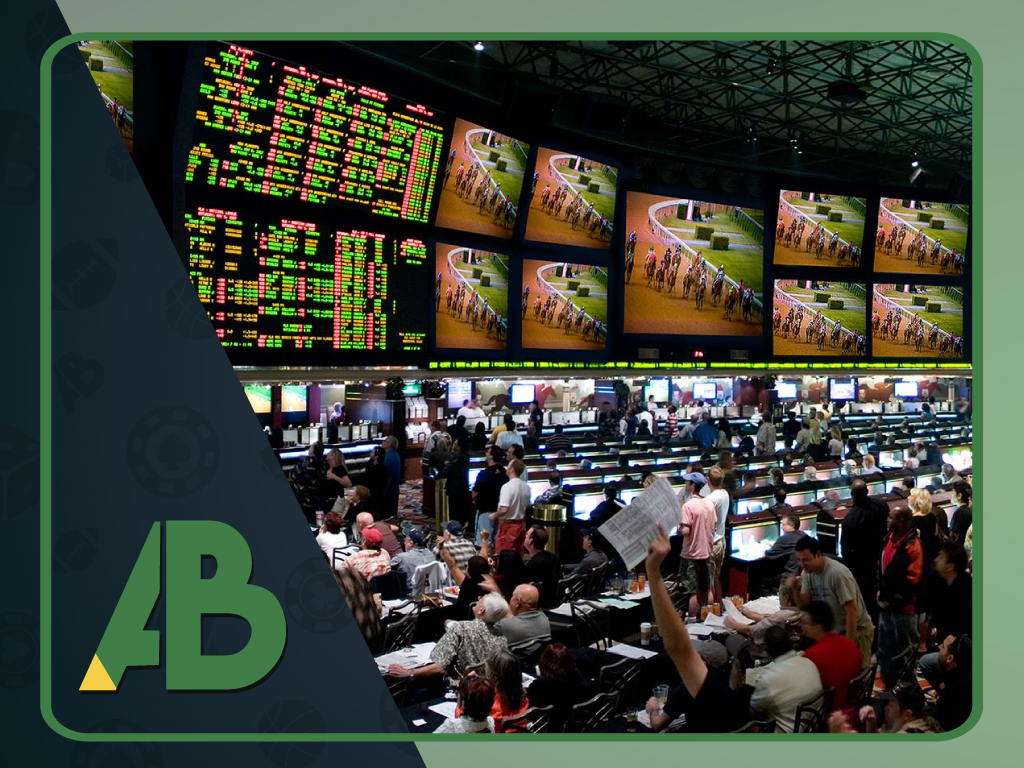There has been an undeniable uptick in the interest targeting legalized sports gambling in the US recently. Sports gambling has always been popular, but in the past couple of years, because of the reversal of PASPA in May 2018 and fueled by the ongoing COVID-19 pandemic, the panorama is changing substantially. This is fostering even greater advances in the sports gambling industry and Adam Bjorn, a gaming industry executive and sports gambling expert, discusses how the US market is changing and where it is headed.
Just like any industry, sports gambling is driven by customer behavior. Some of the transformations seen will be short-lived, but will still have a lasting impression on the industry. Says Bjorn, “Over the past couple of years, sports gambling in the US has been driven by the consumer demand to explore greater entertainment value in the activity, and there has been a definite payoff to the new implementations introduced by sports gambling operators.”
Unlike never before, last-minute wagering and in-game betting are becoming highly popular in sports gambling. These have been found to control significant percentages of the market and are leading to new forms of fan and player engagement that previously weren’t possible. Live, in-game betting is enhanced even more by the development of artificial intelligence (AI) solutions that are able to provide on-demand betting alternatives without the need for manual intervention.
Mobile wagering platforms are now extremely robust and widespread. Explains Bjorn, “At first, some states were reluctant to allow mobile sports gambling and some even required gamblers to visit a physical casino in order to register.
This proved to be counterproductive to the success of the state’s sports gambling market, especially in light of the restrictions put in place due to COVID-19, and most states have relaxed the in-person registration requirement.” As new states join the growing US sports gambling industry, it is assumed that most will not restrict online gambling.
With the US focusing more energy on rolling out sports gambling, virtual reality (VR) has started to be embraced in the market, as well. For example, the NBA has put together a VR package that allows gamblers at home to feel like they are physically at the game. Much of this technology includes the use of CGI (computer-generated imagery, the same used in Hollywood blockbusters, making the experience completely authentic. Combining this with in-game betting, and gamblers have a whole new way to interact with sports contests that was never possible before.
The introduction of new segments in the sports gambling market is helping to drive legal US sports gambling growth and diminishing the control offshore operators maintained for decades. The ability to place a wager on a regulated, licensed site stateside has proven to be the go-to alternative for many gamblers who feel more comfortable having the support of government regulators to protect their investments. “The regulated sportsbooks are strictly monitored to ensure they comply with established laws and regulations, and gamblers have solid recourse in the event something goes wrong,” asserts Bjorn. “It’s not often possible to find that level of protection when gambling through an offshore site, and there is a noticeable shift in where gamblers are depositing their funds, with stateside, regulated sportsbooks continuing to gain ground.”
With the US only having begun to introduce sportsbooks about two and a half years ago, there is still a lot of work to be done in order to develop a large market in the country. However, there are already more than 20 states with legal sports gambling and several more are expected to be added in 2021. As the industry grows, gamblers will find even more options to improve the experience.







